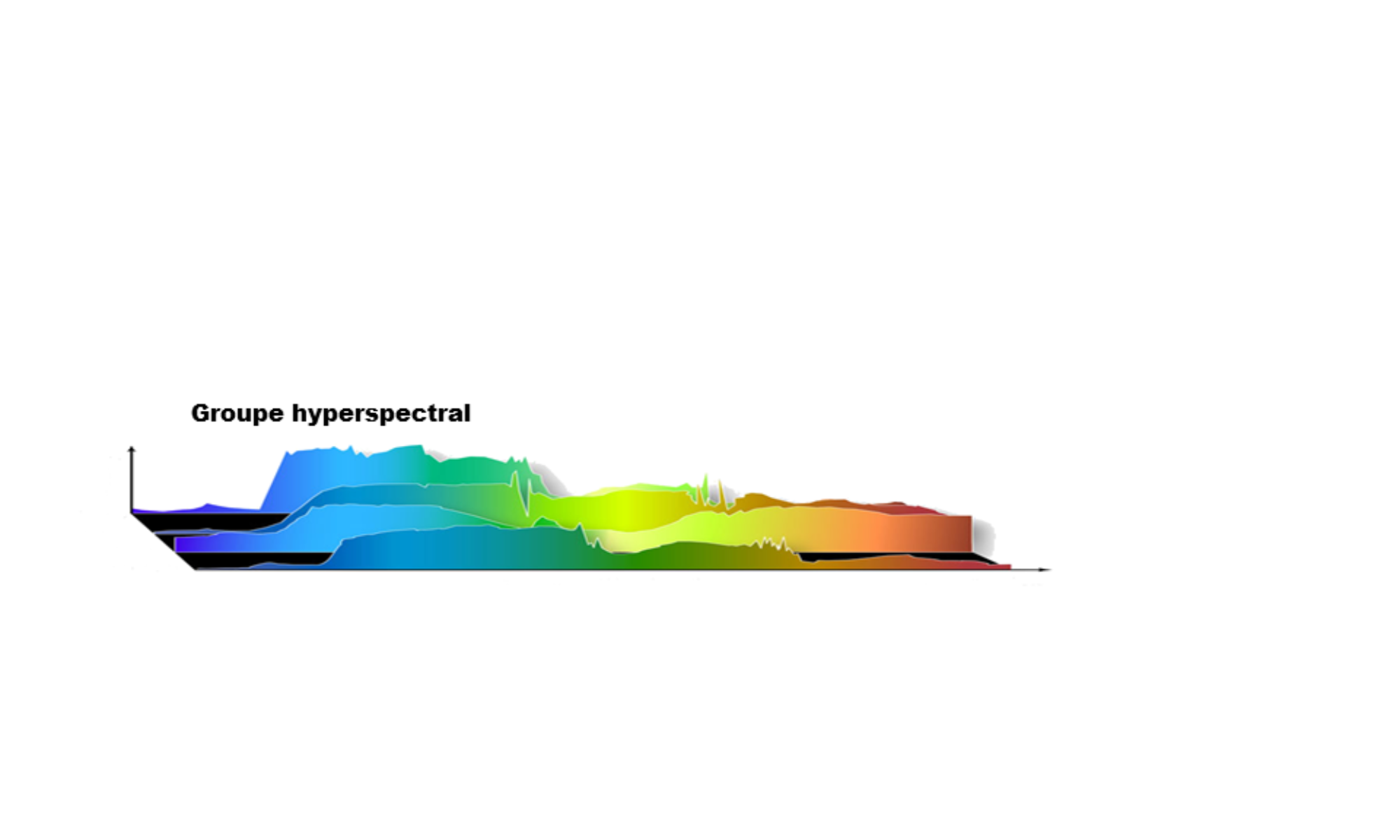Une offre de poste “Ingénieur traitement d’images multi et hyperspectrales” est proposée par Ifremer a ce lien.
Proposition de stage de M2 à l’ONERA
L’ONERA propose un stage de M2 de 5 mois sur l’évaluation de l’impact de la structure d’un arbre sur l’estimation des propriétés biochimiques de la végétation par imagerie hyperspectrale en savane boisée en Californie. Ce stage pourra éventuellement se poursuivre en thèse.
Plus d’information ici.
Proposition de stage M2 – IFREMER / GipsaLab
L’IFREMER et le GipsaLab proposent un stage de M2 de 6 mois portant sur la caractérisation spatiale de la végétation marine côtière par imagerie hyperspectrale.
Plus de détails ici.
Proposition de post-doctorat à l’IGN/MATIS
Dans le cadre du projet URCLIM, l’IGN propose un post-doctorat sur la “complémentarité entre imagerie superspectrale et acquisition multi-vues pour la cartographie d’une occupation du sol fine en milieu urbain”.
Plus de détails à l’adresse suivante :
http://recherche.ign.fr/labos/matis/pdf/stages/2017/PostDocURCLIM_fr.pdf
Offre de stage au CNES en imagerie hyperspectrale
Le CNES propose un stage intitulé “Dimensionnement d’un imageur hyperspectral pour la surveillance de l’environnement” pour le printemps 2018.
Plus de détails ici.
Appel d’offres CNRS INSU 2018
L’appel d’offres CNRS INSU 2018 est ouvert. Il couvre l’ensemble des programmes de l’Institut ainsi que les demandes à la CSAA, à la Division Technique, les demandes de post-campagnes à la mer du domaine Terre Solide et les demandes d’analyses sur l’instrument national ARTEMIS.
Vous le trouverez sur le nouveau site dédié l’appel d’offres du PNTS (https://sigap.cnrs.fr). Comme les années précédentes, les dossiers doivent être déposés en ligne sur le formulaire informatique mis en place par l’INSU. Les textes des AO pour chaque programme sont disponibles sur ce site et sur celui de l’INSU (http://www.insu.cnrs.fr/node/6672).
La date de clôture pour les projets du PNTS, de LEFE et de EC2CO est fixée au 15 septembre 2017 – 16h, sauf pour les programmes Astronomie/Astrophysique et Terre Solide dont la deadline est le 21 septembre 2017 – 12h.
Proposition de CDD IRSTEA-ONERA-INRA
L’IRSTEA, l’ONERA et l’INRA proposent un contrat CDD d’un an renouvelable intitulé “Performance analysis of a space borne imaging spectrometer for the identification of tree species and characterization of biodiversity”.
Plus de détails ici.
Proposition de thèse ONERA/DOTA – Thalès Alénia Space
L’ONERA/DOTA et Thalès Alénia Space proposent une thèse concernant la correction atmosphérique d’images hyperspectrales [0,4-2,5µm] en présence de nuages.
Le sujet détaillé est disponible ici.
5 propositions de postes au Helmholtz Intitute Freiberg for Resource Technology
We are currently hiring 5 personalities to contribute to our research activities.
At the Helmholtz-Institute Freiberg for Resource Technology, the Division of Exploration aims to develop new and efficient technologies for the exploration of mineral resources. The research focusses on the use of unmanned aerial systems with various sensors, multi- and hyperspectral remote sensing, tectonic geomorphology, 3D geological modeling, as well as laser-induced fluorescence and luminescence spectroscopy.
The Helmholtz Institute Freiberg for Resource Technology invites applications as:
1- PhD Student machine learning and hyperspectral imaging
Your main duties: Contribute to the development of a toolbox for fast and efficient processing of hyperspectral data (exploration and processing of mineral resources) using machine learning.
2- Engineer drillcore scanner, hyperspectral cameras and UAVs
Your main tasks: Operation of our hyperspectral cameras and the drill-core scanner in field and lab – assisting our main pilot in flying the UAVs – data processing (mainly hyperspectral data).
3- Post-Doc hyperspectral processing
Your main tasks: Development of machine learning methods for multi-scale image analysis of geoobjects (satellite to UAV-based imaging, drill core scans, mineral processing etc.)
4- PhD UAV sensor integration (hyperspectral-magnetics)
Your main tasks: Contribute to the integration of diverse sensors (hyperspectral, magnetics, and navigation system) in a UAS platform – EU project MULSEDRO
5- PhD Laser induced fluorescence (LIF-spectroscopy)
Your main tasks:: Contribute to the development of an integrated spectroscopy sensor system for laser-induced fluorescence and hyperspectral imaging – analysis of geological samples – EU project INSPECTOR
Please find details of the positions at http://www.hzdr.de/jobs or contact Richard Gloaguen (r.gloaguen@hzdr.de).
Kindly submit your completed application (including cover letter, CV, diplomas/transcripts, etc.) by 15 May 2017 only via Online application (http://www.hzdr.de/jobs).
GLOAGUEN Richard
Division Exploration Technology (Head)
Remote Sensing Group (Head)
Helmholtz Intitute Freiberg for Resource Technology
r.gloaguen@hzdr.de +493512604424
Inscription au 5ème colloque scientifique SFPT-GH – 9 au 11 mai 2017, IFREMER Brest
La date limite d’inscription au 5ème colloque scientifique SFPT-GH qui se tiendra du 9 au 11 mai 2017 à l’IFREMER Brest est prolongée au 30 avril.
Merci d’avance de faire vos inscriptions au plus vite afin de faciliter l’organisation matérielle de l’évènement.
Les organisateurs
